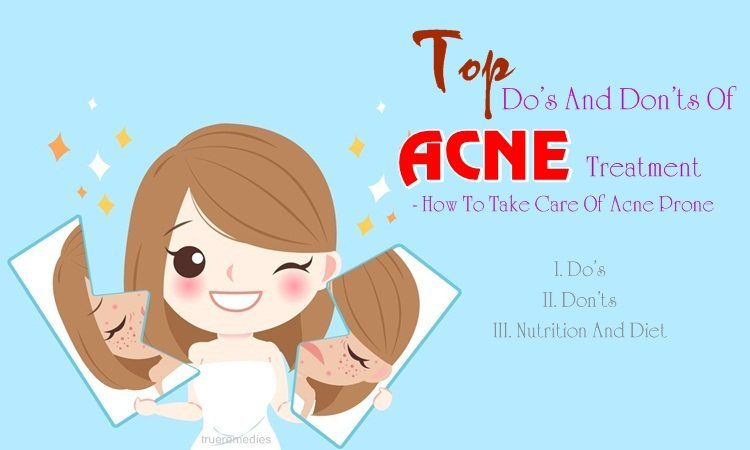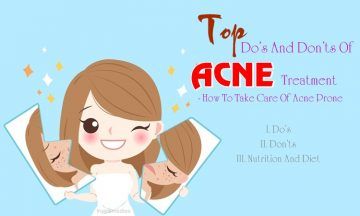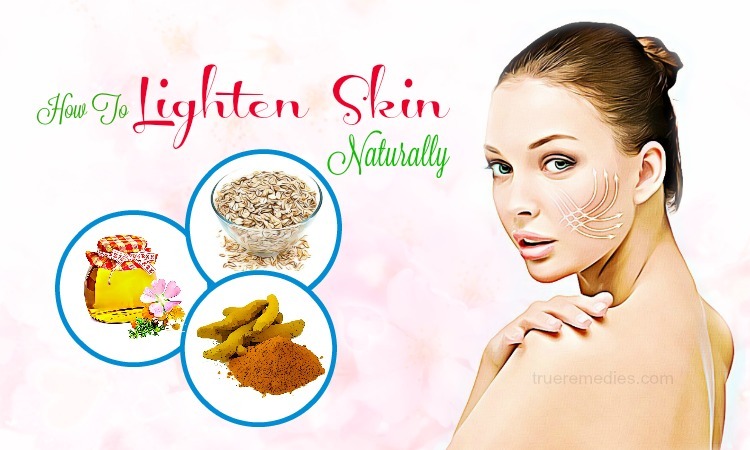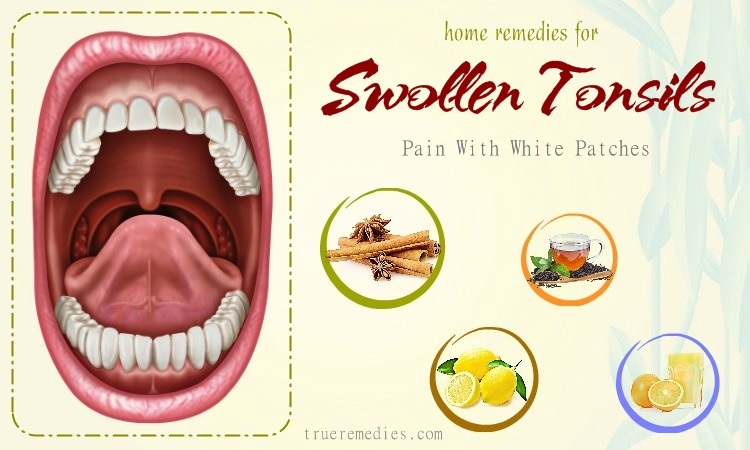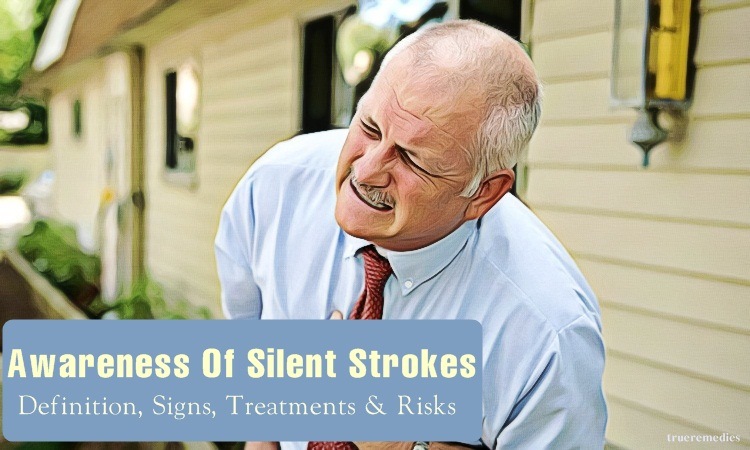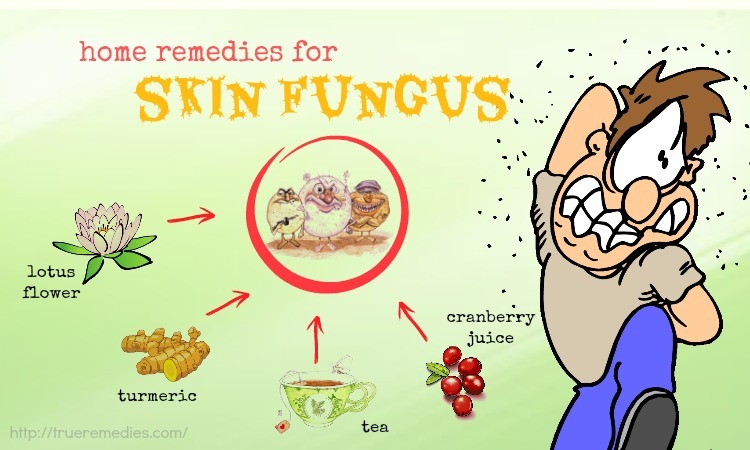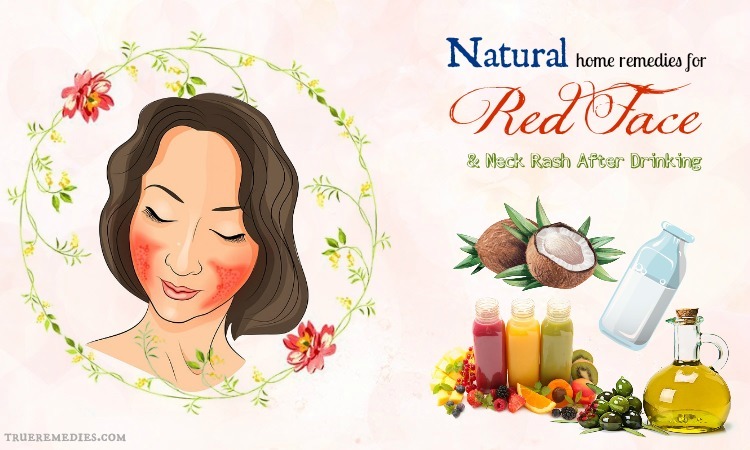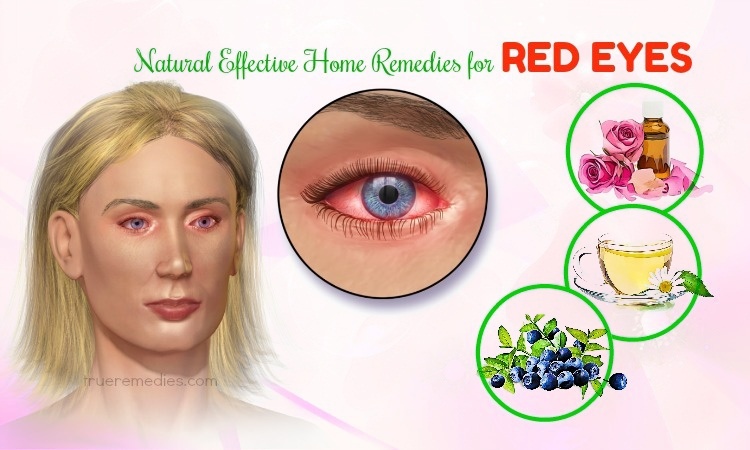Updated: 11/21/2019
Table Of Contents
Acne or acne vulgaris is a common problem that affects a number of women and men and numerous teenagers in their prime age group. This problem could be due to dry and oily skin, a reaction from medicine, or a hormonal imbalance. Treating acne may be tough. Between the strange natural remedies and countless cleansing products out there, it is hard to know what you should not and should clear up your acne. We enlisted the do’s and don’ts for acne treatment to help you attain the optimum results. By following some easy tips, you can decrease your risk of breaking out.
16 Do’s And Don’ts Of Acne Treatment You Must Know To Take Care Of Acne Prone Skin
I. Do’s For Acne Treatment
1. Do Exercise Regularly
Stress is one of the main reasons for acne. According to a few studies, exercise may help reduce anxiety and stress, both of which are factors contributing to the formation of acne[1] [2] [3]. Exercise is also beneficial for promoting healthy blood circulation, which may help inhibit and heal acne. You can include simple aerobic exercises such as jogging, running, and walking in your routine. You can also combat acne by doing yoga. Poses such as the Triangle Pose, Child’s Pose, Rabbit’s Pose, etc. are effective at balancing your body’s systems.
2. Do Exfoliate Frequently
Exfoliation is believed to remove the skin cells clogging up pores, thus improving acne. It may decrease the appearance of discoloration and scars. Some studies indicate that microdermabrasion, a method of exfoliation, may improve the appearance of the skin, including a few cases of acne scarring[4] [5]. There are multiple exfoliation products available online and in stores, but it is just as easy to prepare a scrub at home with sugar or salt. All you need to do is mixing salt or sugar and coconut oil in equal parts. Then, scrub the skin with the mixture and rinse it off. Follow it once daily.
3. Do Drink More Water
When you suffer from an acne breakout, instead of using harsh skin cleansers or prescription medications, drink a glass of water. Water is involved in most of the functions of the body since your body is nearly 70 percent water. If environmental toxins accumulate in the system and you do not consume enough water daily, those toxins overwhelm defenses of your body. One way the body exhibits this imbalance is through acne development. Water helps rid your body of those toxins together with other waste materials, contributing to clearer, healthier skin. You need to consume enough quantity of water. Men should drink 3.7 liters a day. For women, 2.7 liters per day is enough, says DoctorOz.com.
4. Do Have A Sound Sleep
When you sleep, cortisol levels decrease while cell division rates raise and your skin heals damage from the day. While you slumber, various hormones are secreted to help repair the body. Sleep disruption may lead to an increase in cortisol that can cause improper healing, skin inflammation, and conditions such as rosacea, dark circles, and acne. Less sleep can cause the skin to produce more oil, and this can result in acne[6]. Besides, this problem can increase the stress levels while worsening your acne. It is recommended to sleep at least 6-8 hours every day to have a healthy skin.
TrueRemedies Partner Solutions

Need a Help from the Leading Expert Online, Available 24/7?
They’re all here and ready to answer your questions online or by phone. Keep asking questions until you get the answer you need.
5. Do Support Healthy Skin
Hormonal fluctuations, exacerbated stress, overactive sebum production, and weak immunity are the root reasons for skin congestion. The best method to deal with all acne types including blackheads and whiteheads is to use powerful nutritional supplements such as vitamin B5[7]. This vitamin is an essential nutrient required in many important body biochemistries that help to support skin health.
6. Do Take A Zinc Supplement
Zinc plays an important role in developing the skin and maintaining its proper function. This mineral also helps combat acne-causing bacteria. According to a few studies, people who were having acne had remarkably low zinc levels in their bodies[8] [9]. It decreases acne inflammation significantly when consumed orally. You can find a high source of zinc in foods such as chicken, cashews, spinach, mushrooms, and sesame seeds.
7. Do Eat Antioxidant-Rich Foods
Acne is often caused by oxidative stress. The body contains an antioxidant defense system, such as the enzyme superoxide dismutase and catalase, which can help maintain the redox balance of the cells by regulating the production of reactive oxygen species. Low levels of antioxidants and high levels of reactive oxygen species lead to oxidative stress. Thus, consume antioxidant-rich foods to avoid acne[10]. Foods high in antioxidants include dark chocolate, raisins, green tea, tomatoes, kidney beans, berries, etc.
8. Do Know Your Skin Type
Knowing your skin type will help you choose the right skincare products. Products that are ideal for oily skin aren’t suitable for dry skin. As you know, oily skin is the most vulnerable to acne since the sebaceous glands are overactive and release a lot of oil or sebum. The combination of skin is also vulnerable to acne on the T-zone.
9. Do Keep Your Skin Moisturized
To prevent acne, it is necessary to keep your skin moisturized. However, you need to stay away from moisturizers containing synthetic fragrances and chemicals. Always choose non-comedogenic moisturizers so that the skin doesn’t feel dry. Besides, you can moisturize your skin with aloe vera. This plant contains lupeol, urea nitrogen, salicylic acid, cinnamic acid, sulfur, and phenols, all of which prevent bacteria that might lead to pimples[11] [12].
10. Do Wash Your Face Properly
It recommends cleaning your face two times every day by using a mild and non-comedogenic cleanser, once in the morning and once before hitting the bed. If you sweat heavily, cleanse your face. However, stay away from washing it since it feels oily. You eliminate oil from the skin with the help of a blotting paper. While washing, you can also use warm water to help open up the pores.
II. Don’ts For Acne Treatment
11. Don’t Stress
Emotional stress and excessive physical activity aren’t good for your health. Stress can ruin skin cells and this causes oily skin, which leads to an acne breakout. Plus, stress-related hormones may cause the skin to become inflamed. Besides, the hormones released during stress may increase the production of sebum and skin inflammation, which makes acne worse[13] [14] [15]. Many studies show that there is a close relationship between stress and acne development[16] [17]. You can reduce stress by getting more sleep, practicing yoga, taking deep breaths, and engaging in physical activity.
12. Don’t Use Dairy
Some studies showed a positive association between acne and drinking milk. Consuming dairy products and drinking milk exposes you to hormones that may result in hormonal changes and cause acne[18]. According to two large studies, higher levels of dairy milk consumption are related to acne[19] [20]. Thus, limiting the consumption of dairy and milk may be great for people with acne-prone skin.
13. Don’t Prick Or squeeze The Blackheads Or Pimples
This habit will increase the production of sebum and allow the bacteria to spread on the skin surface, leading to more acne. Besides, it can cause permanent pigmentation.
14. Don’t Smoke
Cigarette smoking can cause toxins and free radicals to accumulate in the body. These lead to hindrances in the normal functioning of your organs and systems and can make the skin look dull. Apart from that, it can trigger acne. Some research has found that smoking may be linked to cell dryness, and it may contribute to acne, inflammation, and ultimately, scarring[21] [22].
15. Don’t Drink Alcohol
Drinking alcohol does not cause acne and does not directly worsen the condition. But, excessive intake of alcohol may disrupt your immune system and liver and make the skin more prone to developing acne. The consumption of alcohol can also change an imbalance in testosterone or estrogen levels and your hormone level, a direct cause of acne. Alcohol also dehydrates your body while leaving your skin cracked, dry, and red. Thus, limit or avoid consuming alcohol to protect your skin.
16. Don’t Consume Too Much
Overconsumption of iodine (iodized salt) may cause acne and blackhead outbreaks. Besides, excess of sodium results in weight gain. Therefore, lower the amount of salt in your regular diet to help prevent acne formation[23].
III. Nutrition And Diet For Taking Care The Skin With Acne
1. Foods To Avoid
Food items increasing the insulin and sugar levels in the blood may increase the chance of inflammation and lead to excess sebum production. So, avoid these foods to prevent acne breakouts:
- Chocolate
- High glycemic food such as white rice, white bread, and potato chips.
- Sugary food such as cakes and cookies
- Cow’s milk & other dairy products
2. Foods To Eat
A healthy diet rich in all nutrients will give you healthy skin and treat acne effectively. For acne prevention, you should eat foods such as whole grains, vegetables like green leafy vegetables, sweet potatoes, cucumbers, carrots, broccoli, asparagus, and bell peppers, walnuts, flaxseeds, and fruits such as berries, pumpkins, oranges, papayas, apricots, peaches, cantaloupes, and apples.
Acne is a common issue with many underlying causes, but conventional treatments can cause dryness, redness, and irritation. Thankfully, many simple tips can be useful. These do’s and don’ts of acne treatment may not work for everybody, but they may be worth a try. Also, visit our main News & Facts page to read more other informative articles.
Note: You may read 10 Effective Home Remedies For Cysts In Breast. This article was medically/fact checked by Dr. Myle Akshay Kiran.

